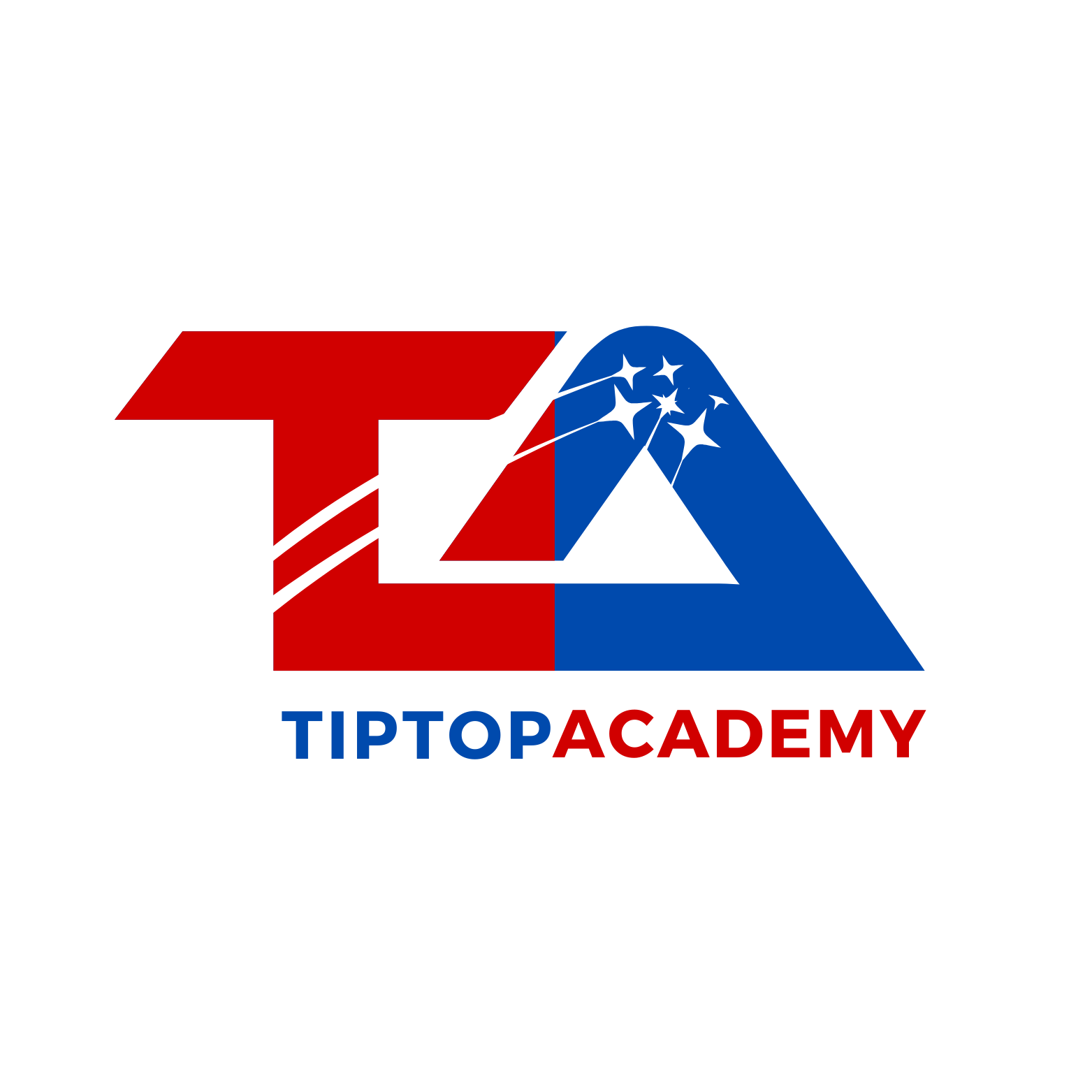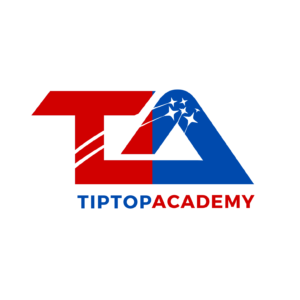Mastering the art of attentive learning is the first step toward unlocking your true potential in academics, career, and personal growth. The ability to concentrate and take in information thoroughly has become a rare talent in an era of information overload. Distractions are at an all-time high due to buzzing social media updates, ringing smartphones, and an ever-increasing list of obligations. In such a setting, how can we actually learn and remember information?
The discipline of being totally present, actively interacting with the content, and developing the ability to focus intently is the key to the solution: attentive learning. At Tiptop Academy, we think this ability is essential for professional and personal development as well as academic success. Let’s discuss the advantages of attentive learning and practical ways to incorporate it into your everyday routine.

What is Attentive Learning?
Attentive learning involves more than merely attending a class and quickly reviewing your notes. It involves giving the material your attention while maintaining an inquisitive and concentrated attitude.
Key characteristics:
- Processing information actively as opposed to passively is known as “active engagement.”
- Focussing intently while avoiding distractions is known as mindful attention.
- Retention Focused: Making sure the information sticks by applying tried-and-true methods.
Why is Attentive Learning Important?
1. Enhances Retention and Memory
Your brain analyses and arranges information more efficiently while you’re paying attention, which facilitates subsequent memory.
2. Promotes Academic and Professional Achievement
To overcome difficulties in their studies or careers, attentive learners can better understand complicated concepts more quickly.
3. Preserves Time and Energy
Focused learning frees up time for other priorities by removing the need to review the information repeatedly.
4. Encourages Self-Belief
Exams, conversations, and situations requiring decision-making are all made more confident when you know you have a solid understanding of a subject.

How Attentive Learning Works: The Science Behind It
The brain needs attention to function well. Each time you practice focused learning:
- Strengthening Neural Pathways: Concentrated attention forges enduring bonds in the brain.
- Reduced Distractions: The brain can prioritize and digest information more effectively if you avoid multitasking.
According to a study, the typical person can focus for 25 to 30 minutes before becoming fatigued. Techniques like the Pomodoro Technique exploit this by alternately concentrating for periods of time and allowing the brain to recover.
Key Challenges to Focused Learning
1. Distractions from digital devices
Distractions from the internet and constant notifications make it difficult to focus.
2. Insufficient Drive
Engagement declines when students don’t perceive any immediate relevance or advantages.
3. Overwhelming Information
Fatigue and poor memory result from processing too much information at once.
Effective Techniques for Focused Learning
1. Establish a Zone Free of Distractions
Create a workspace or study space that reduces distractions:
- Use “Do Not Disturb” mode or disable notifications.
- Make use of productivity tools such as website blockers (such as Freedom and StayFocusd).
- Arrange the materials in advance to prevent disruptions during meetings.
2. Set Clear Learning Goals
Define what you aim to achieve in each session. For example:
- Instead of “study biology,” try to “understand and summarize the process of photosynthesis.”
3. Make Use of Active Learning Methods
Take a close look at the content by:
- taking organized notes (the Cornell Method, for example).
- posing queries to yourself regarding the content, such as “How does this apply to real life?”
- instructing another person on the material.
4. Practice mindfulness and focus
Your brain may be trained to remain present by practicing mindfulness:
- Deep Breathing: Before studying, take a few minutes to relax.
- Apps for meditation: Over time, programs like Calm or Headspace help improve concentration.
5. Utilise Memory Retention Resources
- Spaced Repetition: To help reinforce memory, go over the content more often.
- Mnemonic Devices: To help you recall complicated material, use acronyms or visual clues.
- Visualization: Contemplate ideas in a way that gives them greater substance.

How Tiptop Academy Can Help You Master Attentive Learning
At Tiptop Academy, we offer:
- Workshops: Learn practical strategies for improving focus and retention.
- Tailored Coaching: Personalized plans to align with your unique learning style.
- Resources: Access guides, tools, and apps curated to enhance your learning journey.
Conclusion:
Being attentive is a way of life, not merely a skill. Making the decision to concentrate and participate fully is a superpower that makes you stand out in a world full of distractions.
Establishing simple routines, such as establishing specific objectives and controlling distractions, will help you succeed academically, professionally, and personally.
At Tiptop Academy, we’re here to guide you every step of the way. Join us today and take the first step toward unlocking your full potential.



